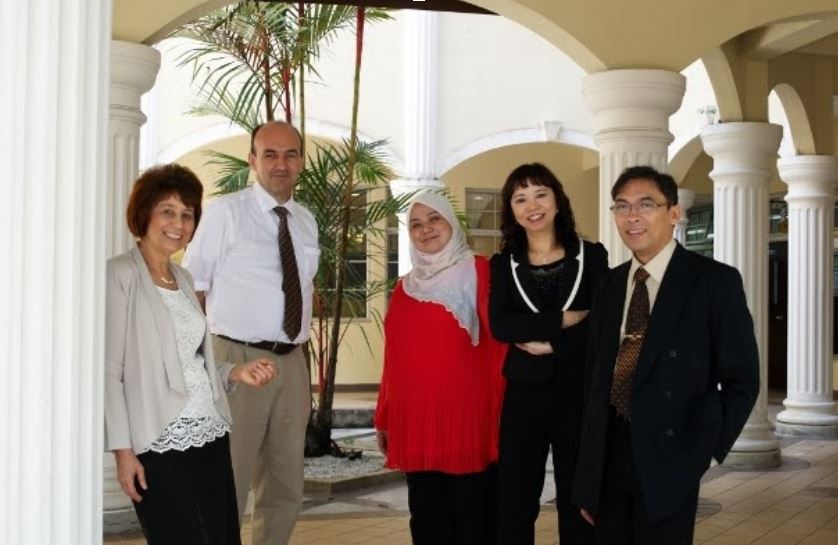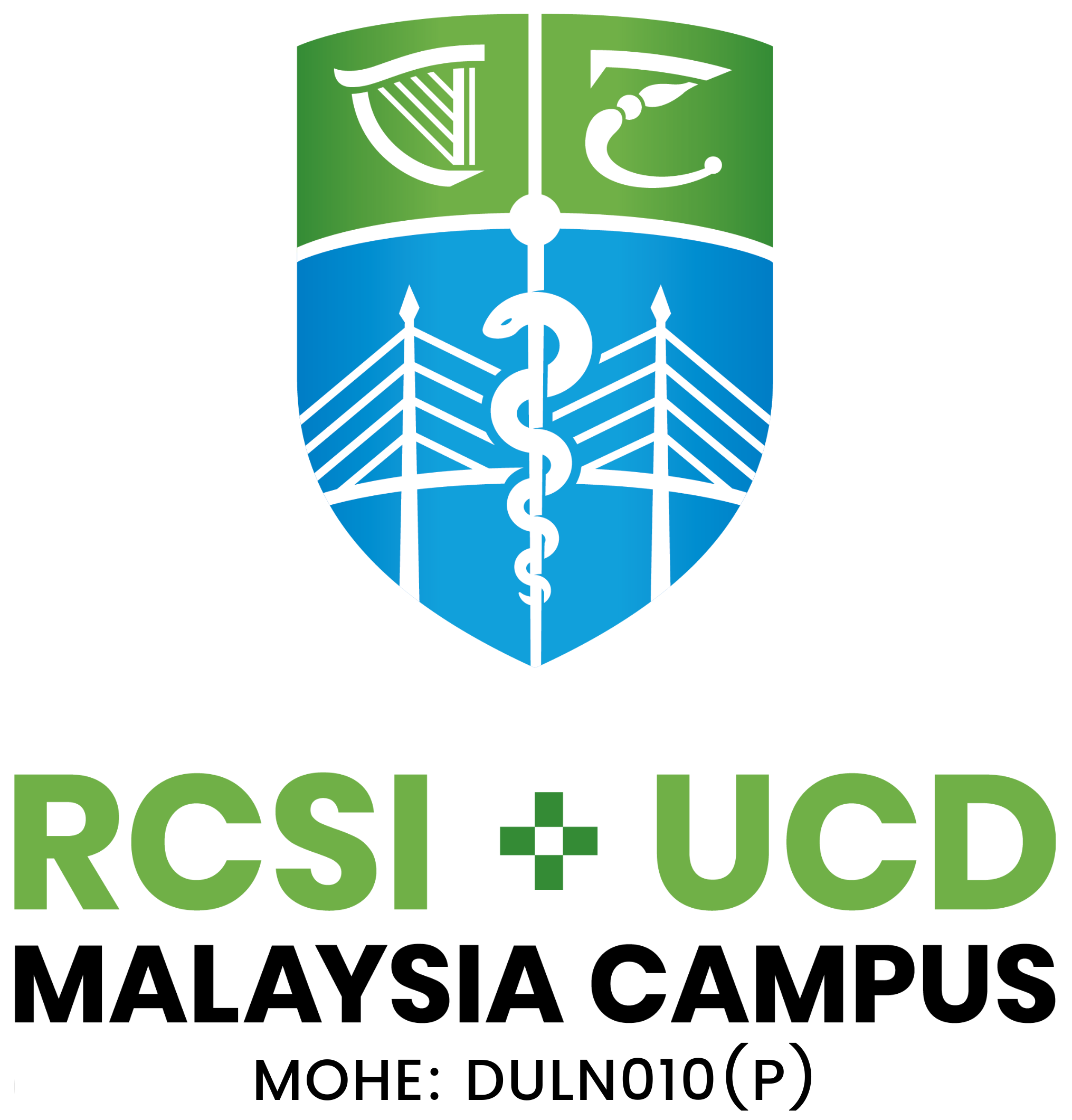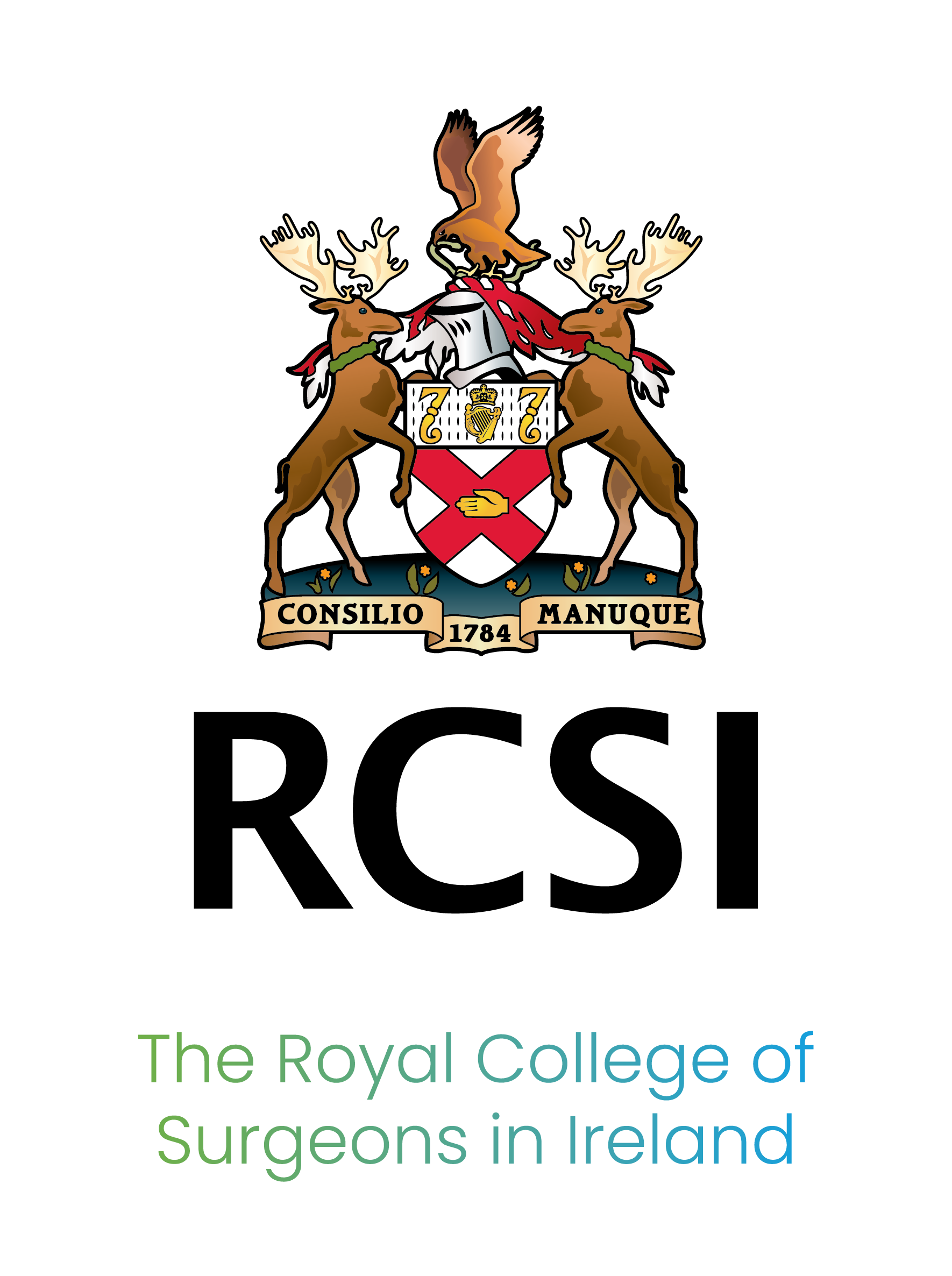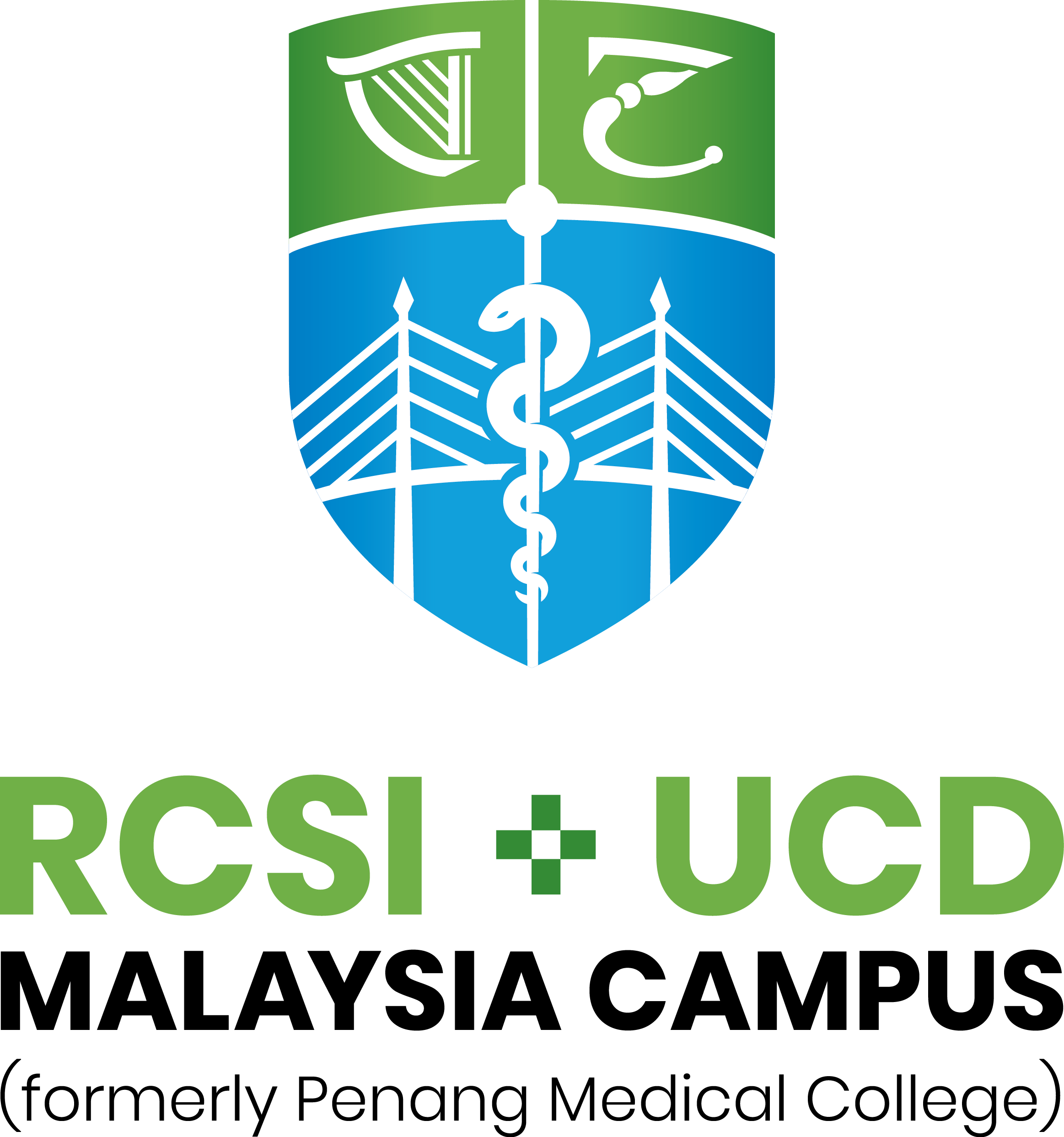
Malaysian Cochrane Network Coordinating Group, from left: Prof Jackie Ho, RUMC; Prof Hans Van Rostenberghe, USM; Dr Nor Asiah Mohamad, IMR; Assoc Prof Moy Foong Ming, UM; Prof Adi Negara Lufti, MMMC.
Cochrane Malaysia operates as a network of sites around the country, with the coordinating site based at RCSI & UCD Malaysia Campus.
The other network sites are the Institute for Medical Research, Melaka-Manipal Medical College, Julius Centre at University of Malaya and Universiti Sains Malaysia (USM). Cochrane Malaysia aims to make a major contribution to evidence-informed health care, particularly in Malaysia but also internationally. Prof Jacqueline Ho of RCSI & UCD Malaysia Campus is the first Convenor of Cochrane Malaysia.
The Cochrane Collaboration, which recently celebrated its 20th year, has been described in The Lancet as an enterprise that rivals the human genome project in its potential implications for modern medicine. The Cochrane Library has been described as the single most reliable source of information about healthcare interventions. It has an impact factor of 6.03 and is ranked 13th in the “medicine, general and internal” category.
Cochrane is an international network of more than 30,000 dedicated people from over 130 countries. Volunteers prepare high-quality systematic reviews of healthcare interventions to help people make well-informed decisions about health care and health policy. A systematic review summarises the results of available and carefully designed healthcare studies and provides a high level of evidence on the effectiveness of healthcare treatments and drugs.
Volunteers work together to help healthcare providers, policy-makers, patients and other relevant groups to make well-informed decisions about health care by preparing, updating and promoting the accessibility of the Cochrane Reviews. Over 5,000 reviews have been published and these form part of the Cochrane Library. The work of the Cochrane Collaboration is internationally recognised as the benchmark for high-quality information about the effectiveness of health care. The Collaboration’s vision is that healthcare decision-making throughout the world will be informed by high-quality research evidence.
In the last two to three years, the number of Malaysian authors who contribute to Cochrane reviews increased from just three in 2002 to 265 in 2015.
Part of the Malaysian branch’s role is to provide training to healthcare professionals, patients and others on how to access and use the reviews. There are also plans to train members of the media on the reviews’ impact on the general public.
One of the recent roles of Cochrane Malaysia is to translate the plain language summaries of Cochrane Reviews, ‘Cochrane Summaries’ into Bahasa Malaysia. You can read these here. Please visit and like our Facebook page.
Student Research
| Student Name | Year | Project Title/Description | Type | Remarks |
|---|---|---|---|---|
| 1. Kyralynn Maxime Taylor | Class of 2018 | Cochrane Review on HFOV |
Junior Research Fellowship |
|
| 2. Solihin Zahari | Class of 2019 | Translations of Cochrane Plain Language Summaries (PLS) |
Cochrane Malaysia Elective |
Continued active translation of Cochrane PLS after graduation |
| 3. Nur Faezah Zainudin | Class of 2020 | Audit of GET-IT glossary on www.cochrane.org/ms |
Cochrane Malaysia Elective |
|
| 4. Lau Li Ie | Class of 2020 | Oral galactagogues (natural therapies or drugs) for increasing breast milk production in mothers of non-hospitalised term infants |
Post-graduation research |
Data extraction for the Cochrane review which was subsequently published in May 2020. |
Cochrane Malaysia – RUMC EBHC 2023
Cochrane Malaysia and RUMC are teaming up to inspire creativity in healthcare students (including medicine, dentistry, nursing, pharmacy, physiotherapy and occupational therapy) at all study levels. If you’re a student in Malaysia, let your enthusiasm for evidence-based healthcare shine through engaging social media content! Click on the buttons below for more information about the EBHC 2023 Social Media Contest!



